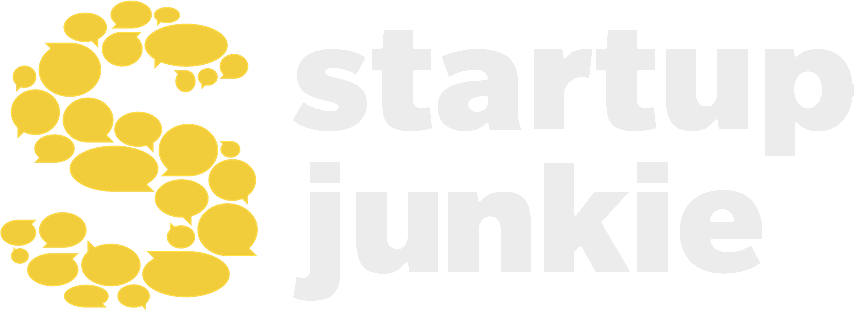Most founders come to the realization they don’t possess an omnipotent understanding of every aspect of their business, their market or numerous other critically important issues. Lots of resources are available that can be helpful like entrepreneurial support organizations, peer-to-peer networks, mentors, subject matter experts and more. Founders that figure out how to find the right mentors and appropriate subject matter experts can really avoid many of the typical land mines that cause failures and setbacks.
The process of finding and engaging mentors and subject matter experts requires effort and understanding. Significant differences exist between the two groups. Here’s my definition as it relates to the venture scene:
1. Mentors – Have built and likely tanked several ventures. Most learned what not to do by doing it wrong first. The point is good mentors have walked-the-walk and the best have the humility of having lived through a failure or two. Their knowledge was gained through doing without the benefit of a corporate safety net. They get the grind. The best mentors will not try to drive a mentee to do what they did but instead will have developed a Socratic set of questions that help the mentee more safely navigate a road that only they can travel.
2. Subject Matter Experts (SMEs) – Most Mentors are SMEs in one or two things as well, but the converse is not true. Founders can find amazing SMEs in particular disciplines that can go as deep as needed in their area. Whether they come from an enterprise or academic background they can provide invaluable insights. The trouble begins when someone with a corporate or academic SME background gets out of their lane. Most have not walked-the-walk of the founder and even if they are the smartest person in the room, they haven’t navigated the startup minefield themselves. Founders need to be cognizant of this reality.
3. Founder Filter – The founder may feel a bit of whiplash after getting many inputs from mentors and SMEs. What to do? What is truth? The job of determining the truth and setting a course of action falls to the founder. The best founders take in all the inputs and then make a reasoned judgment based on their own assessment. Every mentor or SME a founder ever engages brings their own experiences and biases. The best mentors and SMEs appreciate when founders engage and diplomatically challenge the advice or insights provided as they move down their own path. Mentors and SMEs do appreciate feedback, so they know their time wasn’t wasted with the founder.
4. Quid Pro Quo – Look for mentors and SMEs that want to help to be helpful and are not looking to make a buck off of your likely underfunded, capital constrained venture. The best mentors and SMEs won’t ask for compensation. And when they don’t if you value their time and effort maybe throw them a few stock options. They won’t be mad if you don’t, but they will appreciate it if you do.
Time on Earth matters. Understanding how that time was spent will allow the founder to surround themselves with the right mentors and SMEs. Do your diligence and if you need help, the Startup Junkies are here to connect you to the resources you need.
